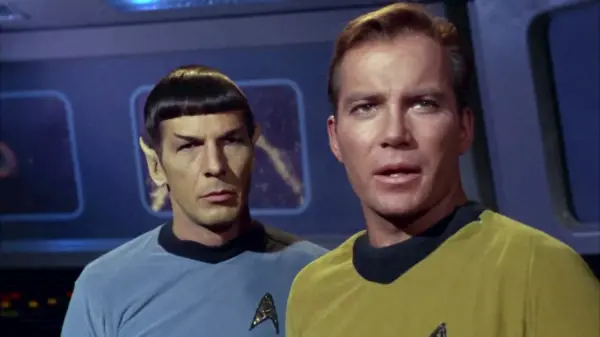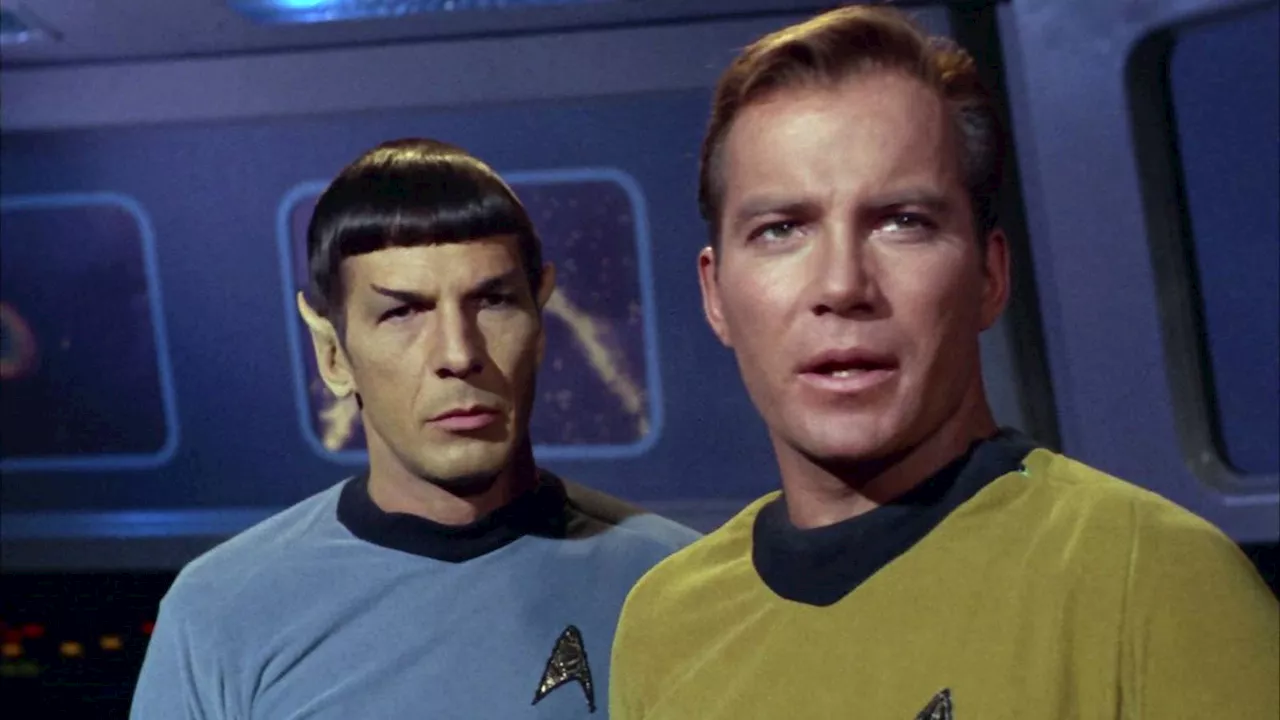The first season of Star Trek: The Original Series, which aired from March 15, 1966 to January 3, 1969, laid the groundwork for two of the franchise’s most defining elements: Starfleet and the United Federation of Planets. While the series was a work in progress, it eventually established a rich universe that would influence the franchise for over six decades.
Defining Starfleet and the Federation
Initially, the show’s depiction of the organization to which the USS Enterprise belonged was inconsistent. Early episodes mentioned various names, including “Space Fleet” and “United Earth Space Probe Agency.” However, by the latter half of the first season, the terms Starfleet Command and the United Federation of Planets were formally introduced, solidifying the framework of the series.
In the twentieth episode, “Court Martial,” the term Starfleet Command was officially named. Earlier episodes had left viewers uncertain about the nature of the organization. The introduction of the Federation in episode eighteen, “Arena,” and its full name in episode twenty-three, “A Taste of Armageddon,” marked a significant evolution in the narrative. These concepts became essential to understanding the interstellar alliance of worlds co-founded by United Earth, which serves as the backdrop for many of the series’ adventures.
The Impact of Gene L. Coon
The evolution of Starfleet and the United Federation of Planets can largely be attributed to writer and producer Gene L. Coon. Hired to help manage the day-to-day production, Coon significantly shaped the show’s direction. In his book, Star Trek Memories, actor William Shatner credited Coon with creating crucial elements such as the Klingons and the Prime Directive.
Coon’s contributions included writing some of the most acclaimed episodes of the series. His influence helped establish the tone and direction of Star Trek, allowing it to transition from a nascent program into a cultural phenomenon. The show’s ability to explore complex themes through the lens of science fiction was solidified during this transformative period.
As viewers watch the first half of Star Trek: The Original Series, they can witness the show’s evolution. Initially, the series grappled with its identity, but the introduction of consistent terminology regarding Starfleet and the Federation provided a strong foundation for future narratives. These foundational elements not only enriched the original series but also set the stage for the numerous spin-offs and films that followed.
Ultimately, the first season of Star Trek: The Original Series serves as a testament to how a television program can evolve and establish lasting legacies. With the introduction of Starfleet and the United Federation of Planets, the franchise has continued to resonate with audiences around the world, maintaining its relevance and appeal for generations.







































































